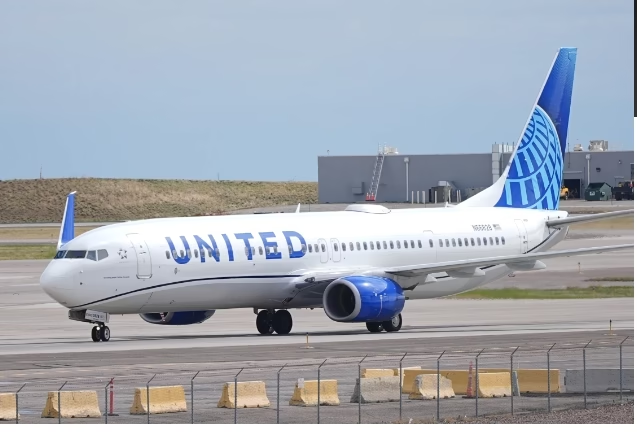United Airlines announced plans to reduce its domestic flight capacity by approximately 4% starting in the third quarter of 2025, responding to softer demand and economic uncertainty. This move aligns with similar actions by other major carriers like Delta and Frontier, which are also adjusting their domestic operations amid weakened travel demand.
The decision comes amid broader industry challenges, including the impact of President Donald Trump’s new tariffs, which have contributed to economic volatility and reduced consumer and corporate travel. United’s CEO, Scott Kirby, described the reduction in domestic seats as a “durable trend,” indicating a strategic shift in response to changing market dynamics.
In addition to cutting flight capacity, United plans to retire 21 aircraft earlier than previously scheduled, aiming to save approximately $100 million in engine maintenance costs. The airline is also reducing off-peak flying on lower-demand days to better match supply with current demand levels.
Despite these adjustments, United reported a first-quarter profit of $0.91 per share, surpassing analyst expectations. The airline has provided two financial outlooks for the year: a favorable scenario with profits up to $13.50 per share, assuming economic stability, and a recessionary scenario with earnings projected at $7 to $9 per share.
While domestic demand faces headwinds, United continues to see growth in international and premium travel segments, which are helping to offset declines in the U.S. market. The airline’s strategic adjustments reflect an effort to navigate the current economic landscape while positioning itself for long-term su
ccess.
